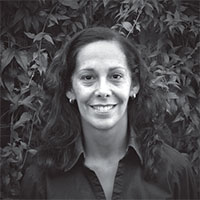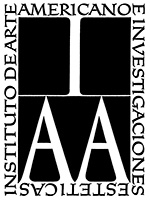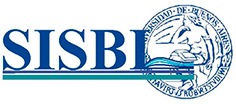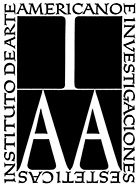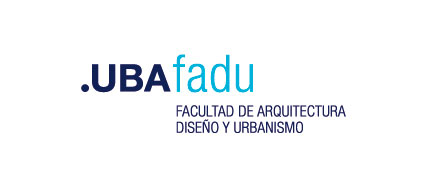Instituto de Arte Americano e
Investigaciones Estéticas
"Mario J. Buschiazzo"
The training of young researchers in Architecture: Knowledge, associations and expectations
Keywords:
researcher training, history of architecture, methodological tools, design disciplinesSynopsis
La formación como aventura (…) la aventura para mí,
para el otro, como aventura común. Esta idea de una
co-experiencia, de una aventura con otros.
Jean Claude Filloux, Intersubjetividad y formación.
El retorno sobre sí mismo, Buenos Aires, 1996.
Within the research framework of a Master’s degree, this paper presents an exploratory study on History and Critique research training at FADU | UBA and aims at assessing the development of said training process by identifying the different intervening aspects and the events to which young researchers are subjected.
For this purpose, training procedures are theoretically defined. Learning processes underwent by young researchers are examined by analyzing their relation to knowledge, by estimating the acquisition degree of know-how, and by determining the impact that said processes exert upon the attitude of young researchers.
The objective of this paper is to analyze how these processes affect the individual as a social and historical being by understanding the training procedure as an “internal work”, for the individual itself. In this study case, this is observed in the interaction between the individual under training and the activities arising from his/her own process.
Particularly, this research exclusively addresses the training procedure undergone between 2009 and 2012 in the History and Critique research field (FADU | UBA).
Research stages are arranged into several chapters that present the theoretical, epistemological and methodological references that guided research development and a data analysis that produces a set of questions enabling a further, deeper investigation, according to the results obtained.
The first chapter establishes the research framework: general higher education and the institutional context of the Faculty of Architecture, Design and Urban Planning of the University of Buenos Aires.
The second chapter introduces epistemological references for a first approach to the logics of Social Science research, as well as an insight on scientific paradigms (positivism and hermeneutics), both of which constitute an imperative theoretical introductory material.
The third chapter establishes theoretical perspectives on ‘training’, ‘research’ and ‘research training’ concepts and proposes different types of analyses. First of all, a pedagogical perspective on research training models and their practical implementation; secondly, another approach to the relation between knowledge and the individual connected to the world; and finally, a psychosocial perspective based on the notions of Erving Goffman and Vincent De Gaulejac, two academic references in social interaction research.
The fourth chapter presents the methodological framework in which this research was developed, including method construction, the selection of the unit of analysis, data collection techniques and the involvement of the researcher. Moreover, the chapter indicates the adoption of a ‘concept development’ method in the analytical process and the decision of opting for a data interpretation strategy allowing for a paradigmatic analysis of narrative data.
The fifth chapter suggests implementing an interpretative analysis of the data obtained, including the testimonies of trainers and of the individuals under training, and provides an explanatory framework for the questions that gave rise to this research.
Ultimately, this explanatory framework poses new questions, which are subsequently raised again in the final considerations, where new analytic approaches are explored and proposed.
Quoting once again the words of Jean Claude Filloux, I hope that this paper embarks the reader on the adventure of discovering that the training procedure is an inner work.
Downloads

Downloads
Published
Series
Online ISSN
License

This work is licensed under a Creative Commons Attribution-NonCommercial-ShareAlike 4.0 International License.
